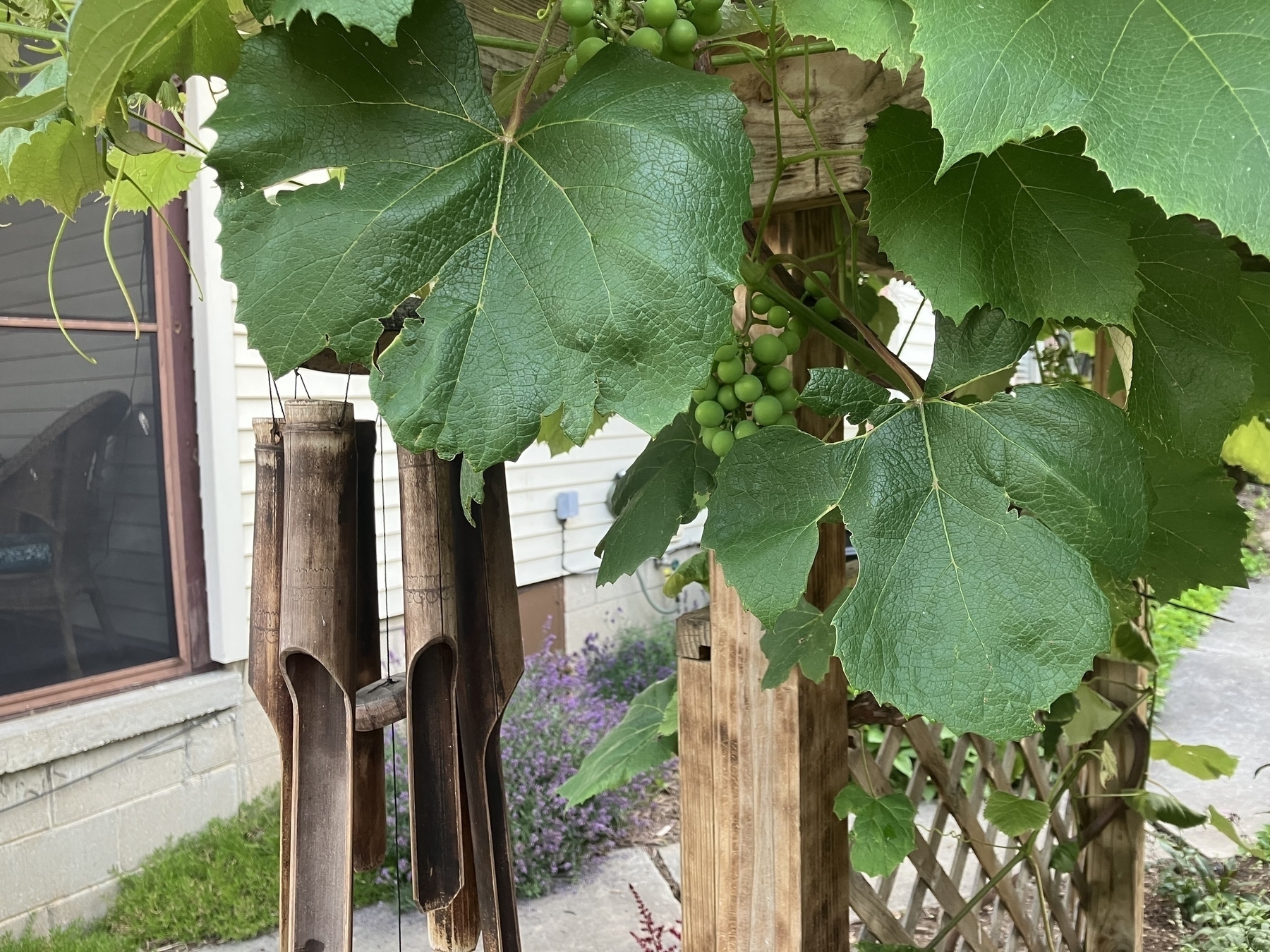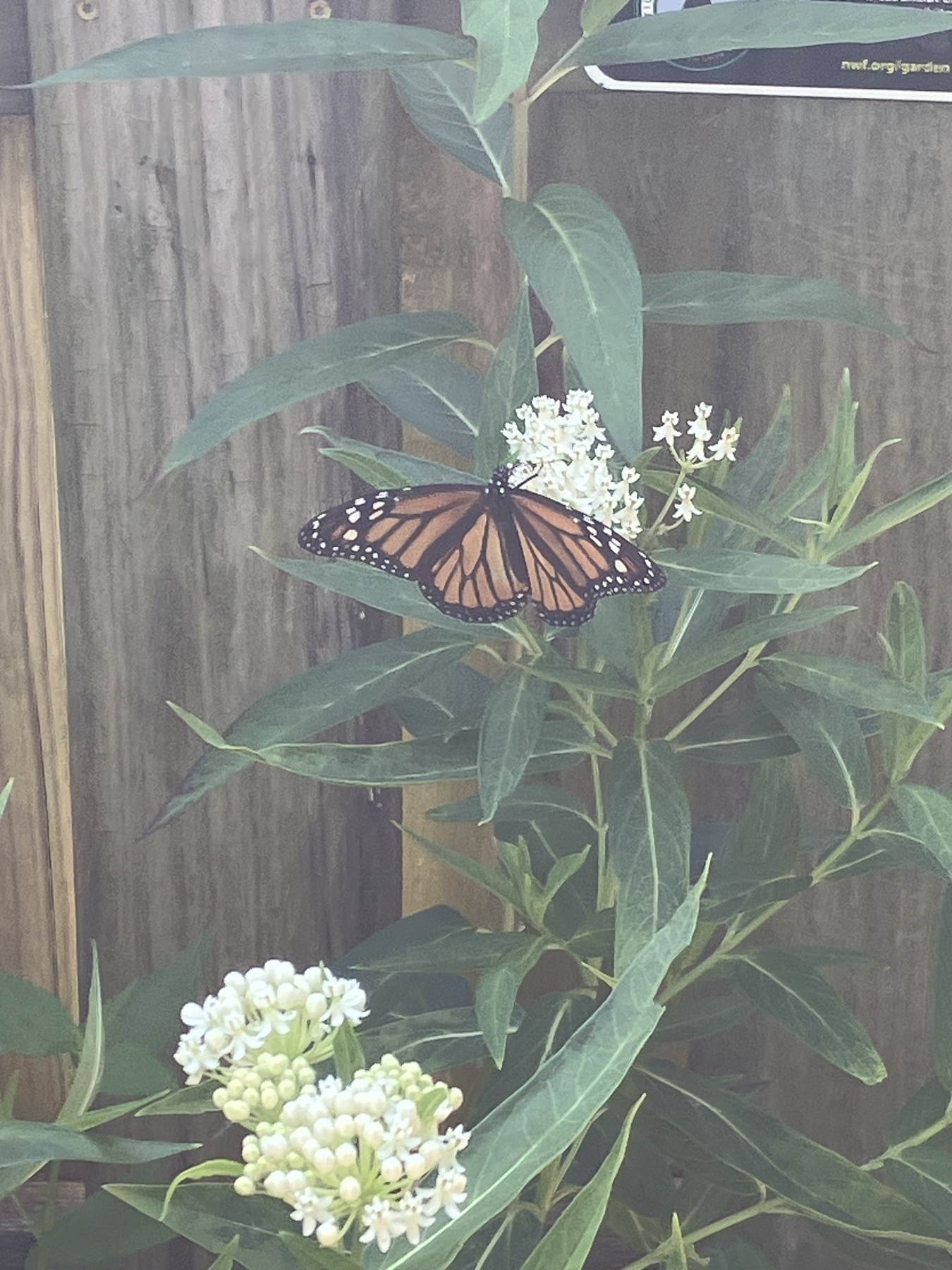Grapes!

Grapes!

My friend and neighbor has a new book out today: Orthodox Saints of Wales
Monarch butterfly in the garden this evening. Also, I was able to get relatively close to a red shouldered hawk during my walk in the cemetery—but not close enough for good pictures.

In a few years, when fully automated, unfailingly polite AI customer service is installed, we’ll miss the Soup Nazis of the world.
Future Jeremy: if you ever get the “oh my, my lord” earworm again, this is its source. “Shooby” by Nicole C. Mullen
Some of us children of empire are rightly worried about further damage to colonized cultures. We try, therefore, to build walls around these cultures and call any breach of those walls “cultural appropriation.” The fear of cultural appropriation, though, is itself a product of empire. Such a fear attempts to freeze those cultures at a moment in time, specifically the moment when the colonizers “discovered” those cultures. Only an imperial mind would make the mistake of ignoring a culture’s entire history, pretending that it had sprung into existence only when noticed by imperial eyes.
This morning, pumping gas at the station on the edge of our neighborhood, I felt again what I’ve sometimes felt over the past few years as I’ve turned toward my particular place, and learned to love it warts and all. One of Wendell Berry’s phrases came to mind: “it all turns on affection”:
For humans to have a responsible relationship to the world, they must imagine their places in it. To have a place, to live and belong in a place, to live from a place without destroying it, we must imagine it. By imagination we see it illuminated by its own unique character and by our love for it. By imagination we recognize with sympathy the fellow members, human and nonhuman, with whom we share our place. By that local experience we see the need to grant a sort of preemptive sympathy to all the fellow members, the neighbours, with whom we share the world. As imagination enables sympathy, sympathy enables affection. And it is in affection that we find the possibility of a neighbourly, kind, and conserving economy.
Proverb quoted in The Way of Qigong:
In stillness be like the pine.
In movement be like clouds and water.
Outside of work, I try to live according to what I’ve learned from Wendell Berry and Ivan Illich. My preference is for the proven and slow. At work, though, the train is headed straight for me. AI tools are coming this year and I’m already experimenting. Continuing to live the contradiction.